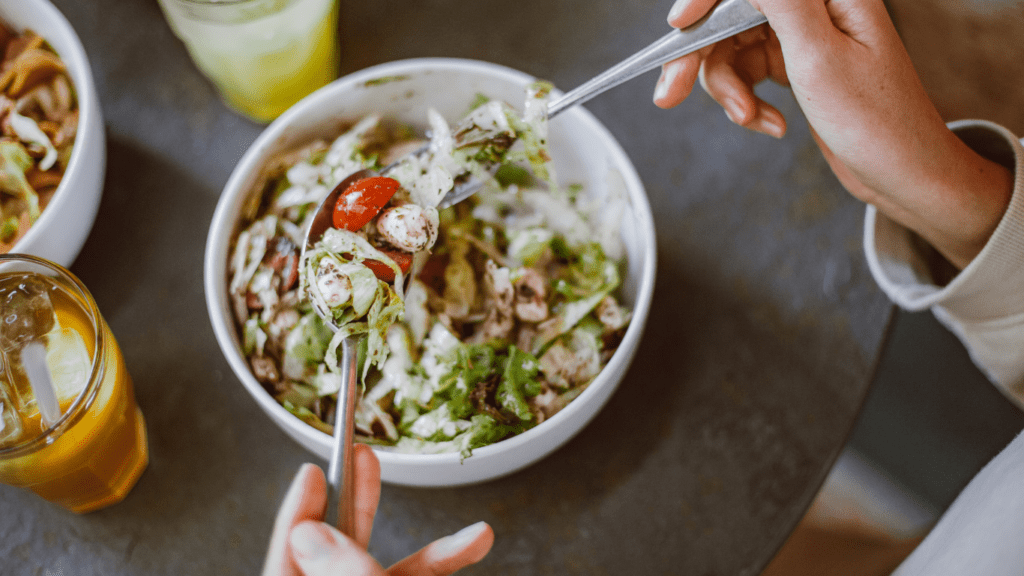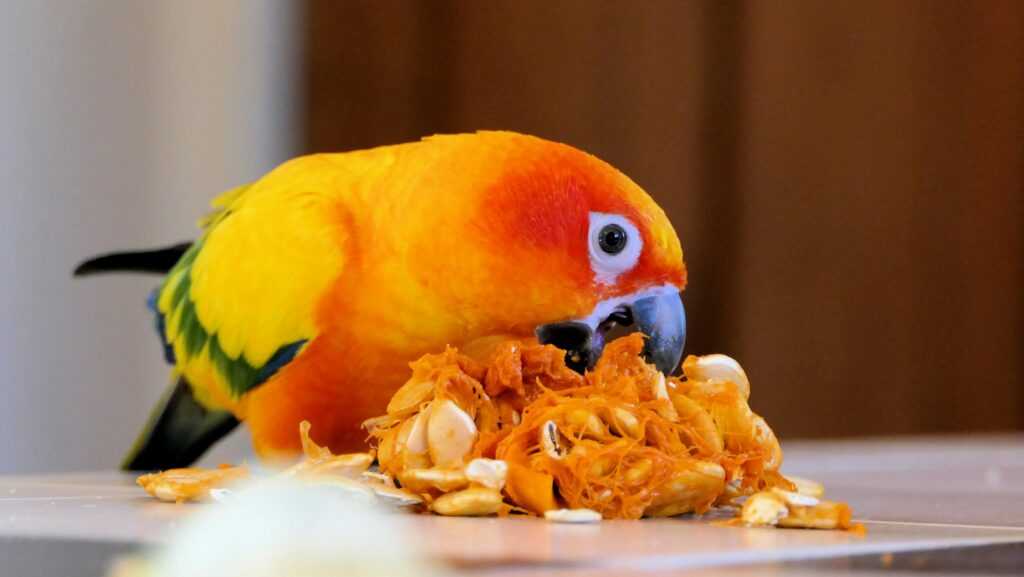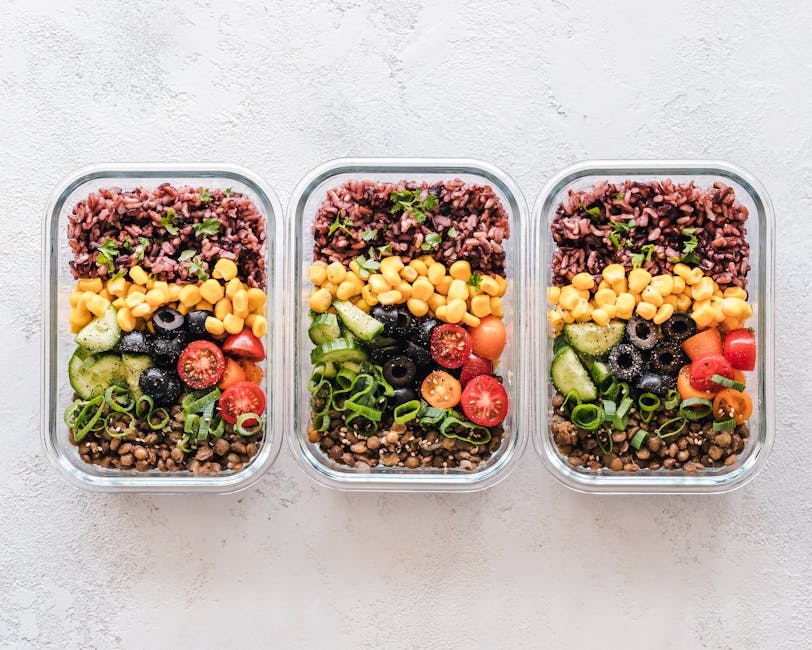Embarking on the journey of providing a balanced diet for your beloved pets is not just about their well-being; it’s about ensuring they lead a happy and healthy life by your side. As a pet owner, I understand the importance of nutrition in keeping our furry friends in optimal shape and spirits. In this comprehensive guide, I’ll share insights on crafting a balanced diet tailored to meet your pet’s specific needs, whether they bark, purr, or chirp.
From understanding the essential nutrients to decoding pet food labels, I’ll delve into the intricacies of pet nutrition to empower you to make informed choices for your furry companions. Navigating the world of pet diets can be overwhelming, but with the right knowledge and guidance, you can provide your pets with the nutrition they need to thrive. Let’s embark on this nutritional journey together and ensure our pets live their best lives.
Importance of Balanced Diets for Pets
Ensuring a balanced diet is crucial for all pets, including dogs, cats, and birds. As a pet owner, I understand the significance of providing proper nutrition to support my furry friends’ overall well-being and longevity. Pets, like humans, require a mix of essential nutrients to stay healthy and energetic. By feeding them a well-balanced diet, I can help them maintain a healthy weight, improve their immune system, and enhance their coat and skin health.
Proper nutrition plays a pivotal role in preventing various health issues in pets. It can help reduce the risk of obesity, diabetes, and other chronic diseases, allowing my pets to lead a happy and active life. Understanding the nutritional requirements of different pet species is essential in tailoring their diets to meet their specific needs. By deciphering pet food labels and selecting high-quality, nutrient-rich foods, I can ensure that my pets receive the essential vitamins, minerals, proteins, and fats they need to thrive.
As a responsible pet owner, my goal is to empower myself with knowledge about pet nutrition to make informed decisions about my pets’ diets. By prioritizing a balanced diet and incorporating a variety of foods, I can provide my pets with the vitality and strength they need to enjoy a long and healthy life. Ultimately, investing in their nutrition is an investment in their overall well-being and happiness.
Understanding Nutritional Requirements
When it comes to the nutritional requirements of our pets, it’s essential to understand the role of different nutrients in their diet. Here, I’ll delve into the specifics of key nutrients like protein, carbohydrates, and fats to help you make informed decisions when selecting the best diet for your furry friends.
Protein
Protein is a fundamental component of a balanced pet diet as it plays a crucial role in various bodily functions. As a pet owner, I’ve learned that protein is vital for muscle growth, tissue repair, and overall energy levels in pets. High-quality protein sources, such as lean meats, fish, and eggs, are essential for meeting your pet’s protein needs and ensuring their overall health and well-being.
Carbohydrates
While often misunderstood, carbohydrates are an important source of energy for our pets. From my experience, I’ve found that choosing the right carbohydrates, such as whole grains and vegetables, can provide sustained energy levels for our furry companions. It’s crucial to strike a balance in including carbohydrates in your pet’s diet to support their daily activities and maintain optimal health.
Fats
Fats are another vital component of a balanced pet diet, contributing to various essential functions in the body. In my journey as a pet owner, I’ve realized that fats play a role in nutrient absorption, cell structure, and energy storage. Opt for healthy fats like those found in fish, flaxseed, and olive oil to support your pet’s skin and coat health, as well as overall well-being. Remember, moderation is key when incorporating fats into your pet’s diet to prevent weight issues and maintain proper nutrition levels.
Crafting a Balanced Diet for Pets
When crafting a balanced diet for pets, I focus on tailored nutrition that meets the specific needs of dogs, cats, or birds. Understanding the essential nutrients required for their well-being is crucial. Decoding pet food labels helps me make informed decisions about the food I provide for my furry or feathered friends.
Protein is a key component of a pet’s diet as it supports muscle growth and provides energy. I ensure that my pets get their protein from quality sources like lean meats, fish, and eggs. Carbohydrates are also essential for sustained energy, and I include whole grains and vegetables in their diet to meet this need.
Fats play a vital role in nutrient absorption and overall health for pets. I make sure to incorporate healthy fats, such as those from fish and olive oil, to support my pets’ well-being. It’s important to moderate the amounts of protein, carbohydrates, and fats in their diet to prevent weight issues and maintain optimal nutrition levels for their health and vitality.
Common Mistakes to Avoid in Pet Nutrition
When considering pet nutrition, it’s crucial to be aware of common mistakes that pet owners often make. Understanding and avoiding these errors can help ensure that your pets receive the balanced diets they need for optimal health and well-being.
- Ignoring Nutritional Needs: One common mistake is overlooking the specific nutritional requirements of different pets. Dogs, cats, and birds have varying dietary needs based on factors like age, size, breed, and health conditions. Failing to tailor their diets accordingly can lead to deficiencies or excesses of essential nutrients.
- Overfeeding: Overfeeding is a prevalent issue in pet nutrition that can contribute to obesity and other health problems. Providing excessive amounts of food, treats, or table scraps can lead to weight gain, joint issues, and reduced quality of life for pets. It’s essential to follow feeding guidelines and monitor portion sizes to prevent overfeeding.
- Relying on Low-Quality Ingredients: Another mistake is relying on pet foods that contain low-quality ingredients or fillers. These products may lack essential nutrients or contain additives that are harmful to your pets’ health. Opting for reputable brands that use high-quality, natural ingredients is key to ensuring your pets receive a nutritionally balanced diet.
- Inadequate Hydration: Many pet owners underestimate the importance of hydration in their pets’ diets. Water is essential for various bodily functions, including digestion, nutrient absorption, and temperature regulation. Failing to provide an adequate water supply can lead to dehydration and related health issues. Ensure your pets always have access to fresh, clean water to support their overall well-being.
- Skipping Veterinary Consultations: Neglecting regular veterinary check-ups and consultations can hinder your ability to monitor your pets’ nutritional needs effectively. Veterinarians play a crucial role in assessing your pets’ health, recommending dietary adjustments, and addressing any concerns related to their nutrition. Regular check-ups are essential for maintaining your pets’ health and ensuring they receive appropriate nutrition.
By being mindful of these common mistakes and taking proactive steps to address them, you can help ensure that your pets receive the balanced and tailored nutrition they need to thrive. Prioritizing their dietary requirements and avoiding these pitfalls can contribute to their overall health, vitality, and longevity.




